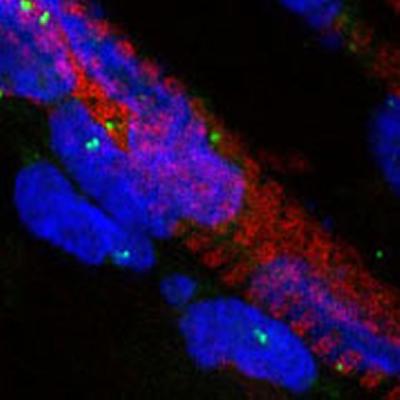
What is imprinting?
Imprinting is a genetic phenomenon by which certain genes are expressed in a parent-of-origin-specific manner. It is an inheritance process. Imprinted alleles are silenced so that the genes are either expressed only from the non-imprinted allele inherited from the mother (e.g. H19 or CDKN1C), or in other instances from the non-imprinted allele inherited from the father (e.g. IGF-2). Forms of genomic imprinting have been demonstrated in insects, mammals and flowering plants.
Genomic imprinting is an epigenetic process that involves methylation and histone modifications in order to achieve monoallelic gene expression without altering the genetic sequence. These epigenetic marks are established in the germline and are maintained throughout all somatic cells of an organism.
What does imprinting mean to our patients?
Appropriate expression of imprinted genes is important for normal development, with numerous genetic diseases associated with imprinting defects including Silver-Russell syndrome, Hypomethylation syndrome, Maternal UPD14 or Temple Syndrome and Paternal UPD14 or Wang syndrome.
It is these conditions that we have described in more detail under the conditions page.